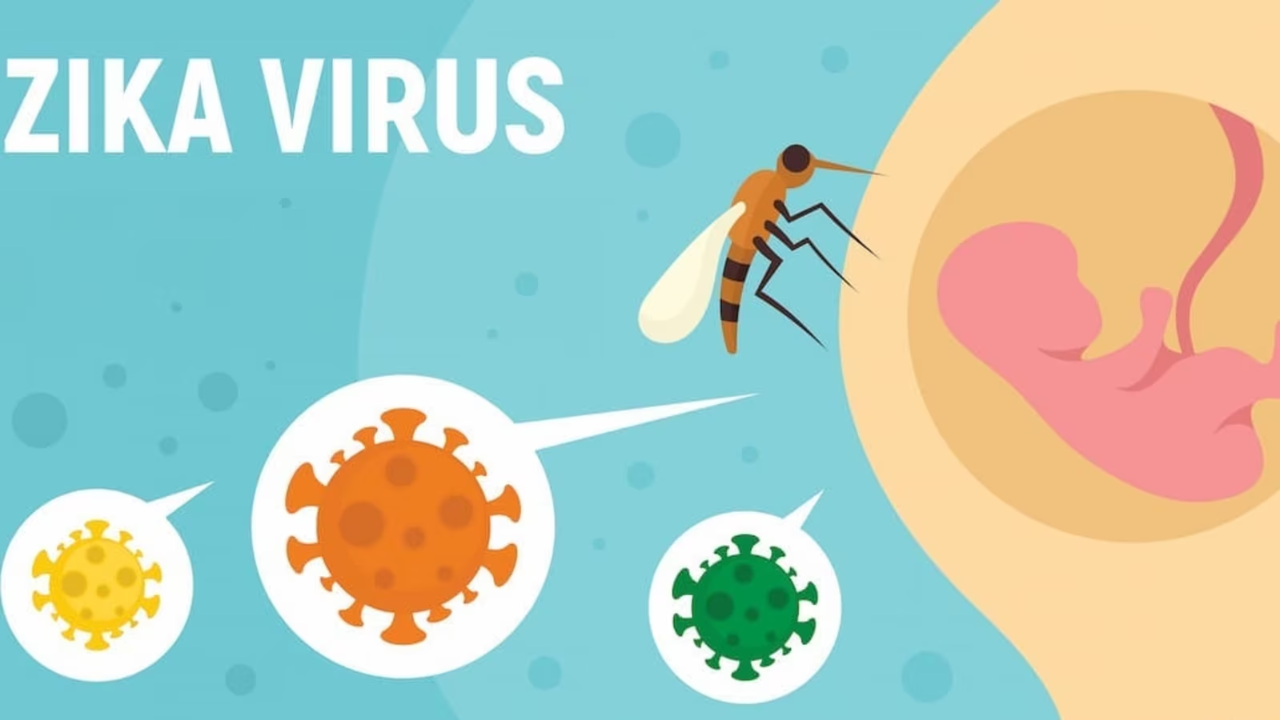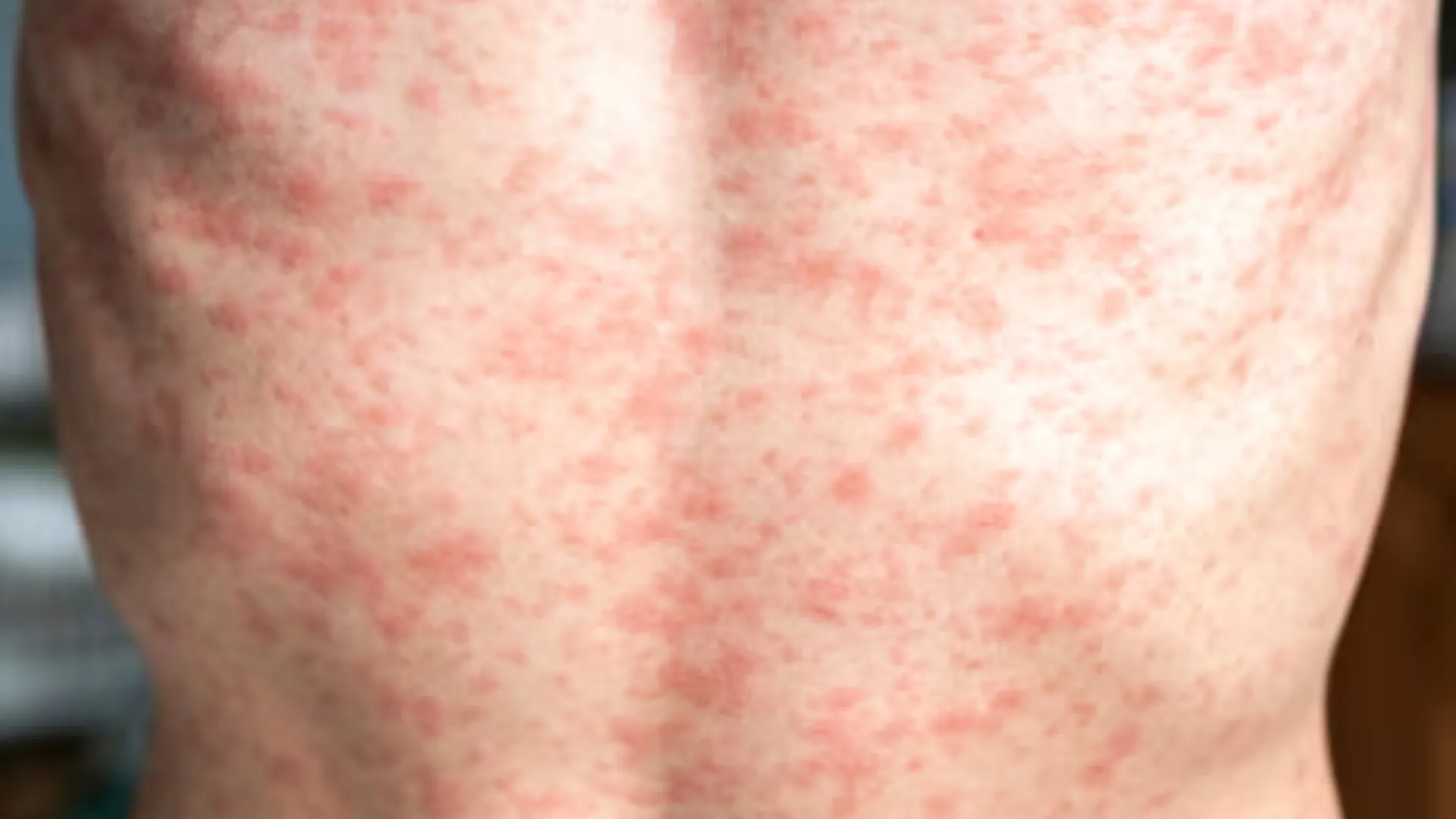In response to the detection of Zika virus infection in two residents from the Erandwane area, the Pune Municipal Corporation has ramped up surveillance measures. Health officials have issued a high alert within a five-kilometre radius, emphasizing the virus’s severe implications for pregnant women, particularly the risk of microcephaly in their unborn children.
The recent Zika cases involve a 46-year-old doctor and his 15-year-old daughter, both residing in Erandwane. Detected earlier this month on June 20-21, their infections have prompted city authorities to caution the public about the virus, which is primarily transmitted through the bite of an infected Aedes mosquito. This mosquito species is also known for spreading dengue and chikungunya.
Most individuals infected with the Zika virus remain asymptomatic or experience mild symptoms such as fever, rash, conjunctivitis, body aches, and joint pains. However, the potential impact on pregnant women has raised significant concerns.
In an interview with HT Lifestyle, Dr. Mansi Sharma, a Consultant Obstetrician and Gynaecologist at Motherhood Hospital in Kharadi, stressed the importance of preventive measures for expectant mothers. “The Zika virus has been linked to serious congenital abnormalities. Pregnant women should avoid traveling to areas with active Zika virus transmission. If travel is unavoidable, strict precautions are necessary, including using insect repellent, wearing long-sleeved clothing, and staying in air-conditioned or screened accommodations,” she advised.
Dr. Sharma further recommended that women who have traveled to Zika-affected regions undergo testing for the virus, regardless of symptom presence. “Positive test results may require additional monitoring and specialized prenatal care to assess the potential impact on the fetus,” she explained. Additionally, new guidelines suggest delaying pregnancy for 2-3 months after potential Zika exposure to minimize risks.
Dr. Anuranjita Pallavi, a Consultant Gynecologist and Infertility Specialist at Medicover Hospitals in Navi Mumbai, echoed these concerns. “Zika can cause severe birth defects, including microcephaly, where babies are born with abnormally small heads, and other fatal issues such as eye problems, hearing loss, and seizures,” she warned. With no available vaccine or treatment for Zika, Dr. Pallavi emphasized the importance of preventive measures: “Pregnant women must protect themselves from mosquito bites by covering water storage containers, eliminating standing water, keeping their surroundings clean, and avoiding travel to Zika-affected areas.”
These guidelines aim to safeguard expectant mothers and their unborn children from the serious health risks associated with the Zika virus. By adhering to these recommendations, women can take proactive steps to reduce the risk and ensure the wellbeing of their families during this challenging time.









